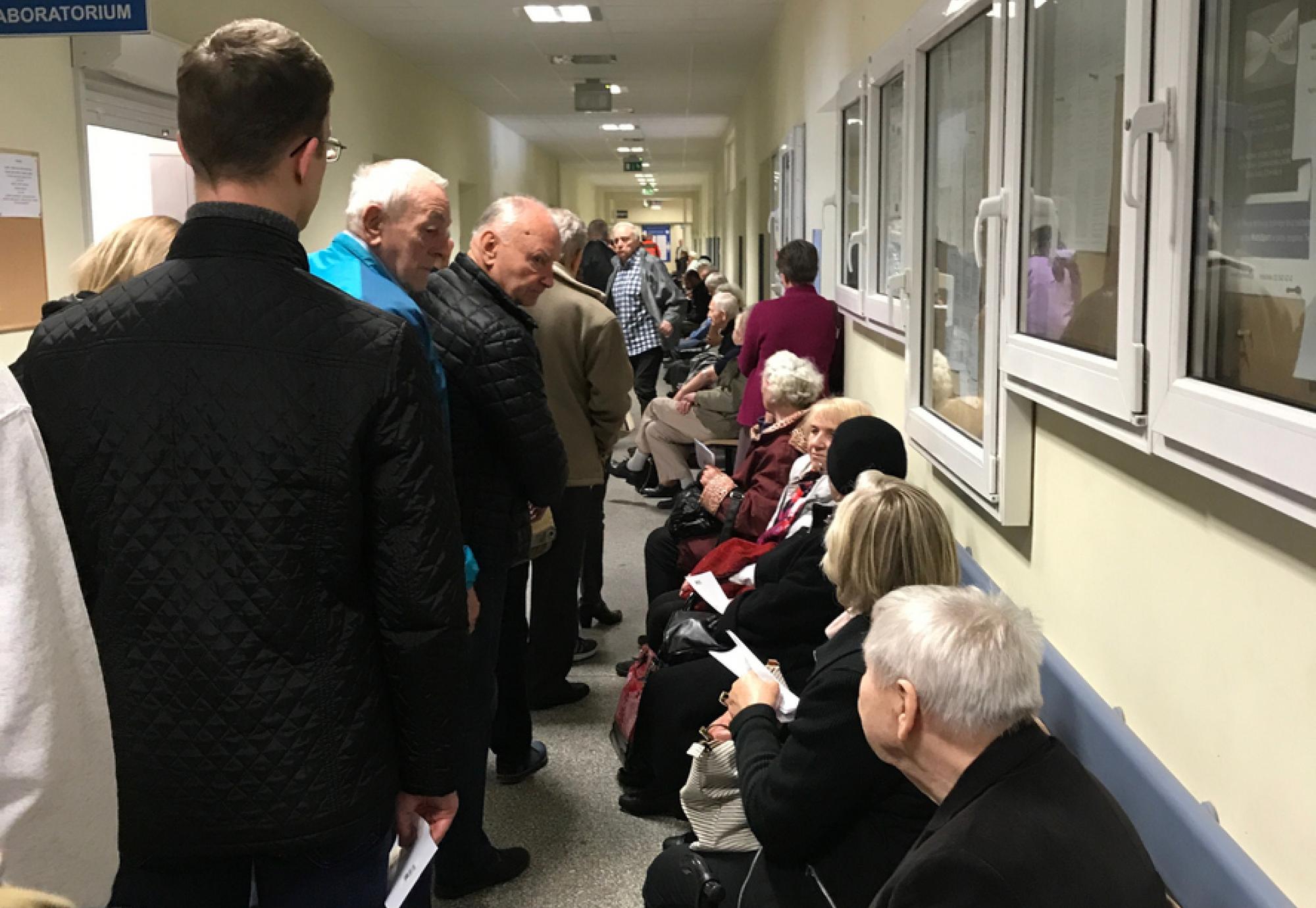In 2022, more than 1.6 million patients in England experienced waits of 12 hours or more from their time of arrival in Emergency Departments, a new brief from the Royal College of Emergency Medicine (RCEM) has revealed.
NHS England reported that, in 2022, just under 350,000 patients waited 12 hours from decision to admit to admission (DTA), which is the equivalent of 2.1% of all Type 1 attendances. Considering the number of time of arrival 12-hours waits is 4.8 times higher than the reported number of DTA waits, RCEM says this demonstrates how the DTA metric can be misleading and is “only the tip of the iceberg.”
To mitigate this, and following campaigning from the royal college, from this April, NHS England will routinely publish data on 12-hours waits from a patient’s time of arrival – a “vital first step” in the right direction to reducing the long waiting times currently being experienced in Emergency Departments up and down the country.
RCEM also highlights that, by combining the total number of 12-hour time of arrival waits last year and the “best available scientific research,” it can deduce that there were approximately 23,000 excess deaths in England in 2022 that can be linked with long waits in Emergency Departments.
As part of its report, the royal college also set out a number of recommendations, including:
- The Government in conjunction with NHS England must publish 12-hour data from time of arrival in full and on a monthly basis, which breaks down the statistics by type of Emergency Department and on an individual Emergency Department level.
- Everyone from Integrated Care Systems, trusts, and hospitals must use the data to proactively improve their overall systems.
- The health and social care system must be adequately equipped to meet the 95% four-hour standard by governments across the UK. RCEM adds that, without extensive recruitment and investment in the workforce, the projects being rolled out to work against pressures “will do very little.”
RCEM’s President, Dr Adrian Boyle, said: “These data, while shocking, are unsurprising. For a long-time we have known that the true scale of long waits in Emergency Departments has been hidden. Long-waiting times are associated with serious patient harm and patient deaths – the scale shown here for 2022 is deeply distressing.
“The data show how necessary it is to have transparent figures. We are pleased that both the Department of Health and Social Care and NHS England have heeded our calls and will be publishing the 12-hour data from time of arrival in the Emergency Department regularly from April this year. We look forward to seeing this data be published then.
“We believe that being honest with the data will be a service to patients and staff. It will lead to a better understanding of patient flow and to both transformation and change in the emergency care system. However, this transformation and change can only come if we have the staff, beds and resources we need. We urge the government to publish the fully funded long-term NHS workforce plan that they pledged to deliver. This must include measures to retain existing staff who are burned out and may be considering leaving the NHS.
“Alongside the publication of this 12-hour data we must see a renewed focus on the four-hour access standard. We believe the new four-hour target of 76% is unambitious and is too low, it presents the risk that the sickest and most vulnerable patients will continue to face the longest waits. We urge this target to be revised to a more ambitious figure.
“The delays to admission in Emergency Departments are a symptom of a hospital wide problem. We know that 14,000 beds are occupied by patients who should be discharged but are unable to be due to the shortages in social care.
“We must see sustained and continued investment in social care and a bolstering of the social care workforce. Enabling the timely discharge of patients will help free up beds and in turn help reduce these long-waits in Emergency Departments.”
If you want to listen to the latest episode of National Health Executive’s Finger on the Pulse podcast that investigates the real problem with patient waiting times with Dr Boyle, click here.



















